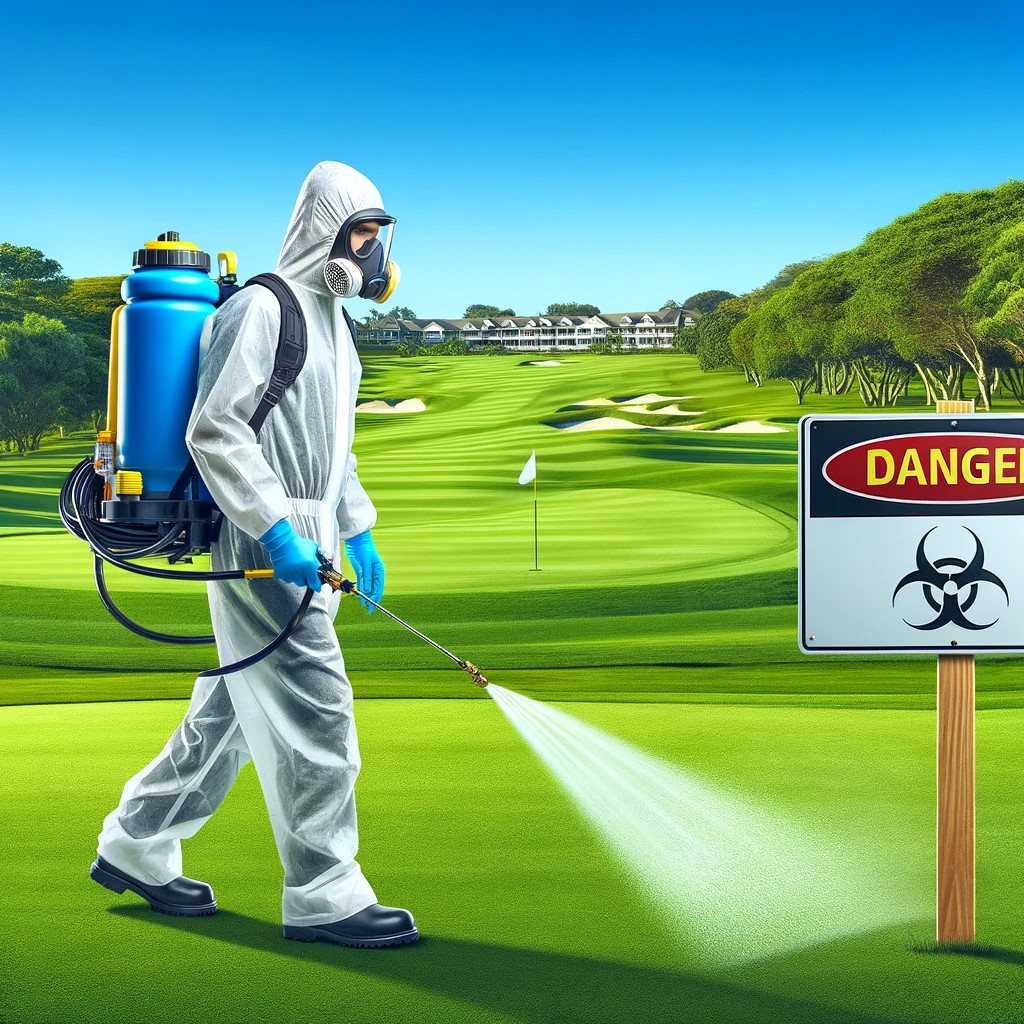Roundup Lymphoma Lawsuits
Roundup Lymphoma Lawsuits. The agricultural chemical and herbicide manufacturer Monsanto is facing product liability and personal injury lawsuits over allegations that its hugely popular herbicide weed killer Roundup has been linked to causing devastating cancer.

Bayer successfully completed the acquisition of Monsanto on June 7, 2018. Roundup lawsuits are being filed across the United States as Bayer Monsanto are facing an increasing volume of product liability and personal injury claims over the blockbuster weed killer.
The lawsuits allege that the active ingredient glyphosate used in the product caused farmers, landscapers, golf course and other agricultural workers to face an increased risk of cancer.
Roundup Lymphoma Link to Non-Hodgkins Lymphoma
The World Health Organization’s International Agency for Research on Cancer (IARC) found that glyphosate in Roundup is likely a cancer-causing agent. The IARC report linked the side effects of Roundup to an increased risk of non-Hodgkin’s lymphoma (NHL).
EPA Position Over Roundup’s Cancer Risks
The U.S. Environmental Protection Agency (EPA) has a detailed position on glyphosate, the active ingredient in Roundup, based on extensive scientific evaluation. As of the latest updates, the EPA has concluded that glyphosate is not likely to be carcinogenic to humans and that there are no risks of concern to human health when it is used according to the label.
However, the EPA has also recognized potential ecological risks associated with glyphosate use. These concerns led to a withdrawal of the glyphosate Interim Registration Review Decision after a decision by the U.S. Court of Appeals for the Ninth Circuit. The court required the EPA to revisit its evaluation of glyphosate’s carcinogenic potential and other aspects of its human health analysis.
In summary, while the EPA maintains that glyphosate does not pose a cancer risk to humans and is safe when used as directed, it is actively working to address and mitigate ecological risks and ensure compliance with environmental protection standards.
The U.S. Court of Appeals for the Ninth Circuit has been involved in several decisions related to the Environmental Protection Agency (EPA) and its regulatory actions, particularly concerning glyphosate.
On June 17, 2022, the Ninth Circuit vacated the human health portion of the glyphosate Interim Registration Review Decision (ID) issued by the EPA and remanded it back to the agency for further analysis and explanation.
The court’s decision was based on challenges that questioned the EPA’s analysis of both human health and ecological risks. Furthermore, the court held that the EPA’s registration review decision under the Federal Insecticide, Fungicide, and Rodenticide Act (FIFRA) was an action that triggered obligations under the Endangered Species Act (ESA).
Following the court’s decision, the EPA withdrew the remaining portions of the glyphosate ID, citing the need to address the issues identified by the court and to comply with ESA requirements. This decision meant that while glyphosate products could remain on the market and be used according to their labels, the EPA had to re-evaluate its position on glyphosate, taking into account the court’s findings and ongoing consultations with other federal agencies concerning ecological impacts.
What is Non-Hodgkin’s Lymphoma?
Non-Hodgkin lymphoma (also known as non-Hodgkin’s lymphoma, NHL, or sometimes just lymphoma) is a cancer that starts in cells called lymphocytes, which are part of the body’s immune system. Lymphocytes are in the lymph nodes and other lymphoid tissues (such as the spleen and bone marrow).
Once non-Hodgkin lymphoma has been diagnosed and staged, several different types of treatment can be used against non-Hodgkin lymphoma. The treatment options depend on the type of lymphoma and its spread or stage.
The main types of treatment for non-Hodgkin lymphoma are:
- Chemotherapy
- Immunotherapy
- Targeted therapy
- Radiation
- Stem cell transplant
Florida Roundup Non-Hodgkin’s Lymphoma Lawsuit
Litton Walker, Jr., an agricultural worker has filed a product liability and personal injury lawsuit against Bayer Monsanto over failure to warn about the lymphoma risks with Roundup exposure.
The lawsuit was filed recently in the U.S. District Court for the Southern District of Florida, and alleges that Bayer Monsanto failed to provide adequate warnings for decades, as agricultural workers applied the herbicide to their fields.
According to Walker, he was exposed to Roundup regularly over the past 40 years, applying the glyphosate-based weedkiller to Palm trees, and then on a blueberry farm.
In January 2006, Walker states that he was diagnosed with a form of non-Hodgkin’s lymphoma, known as diffuse large B-Cell lymphoma from Roundup.
Walker states in his lawsuit that, “the IARC Working Group found an increased risk between exposure to glyphosate and NHL and several subtypes of NHL, and the increased risk persisted after adjustment for other pesticides. The IARC Working Group also found that glyphosate caused DNA and chromosomal damage in human cells.”
Walker’s lawsuit will be transferred to the federal Roundup MDL, or multidistrict litigation, as complaints filed in U.S. District Courts nationwide have been centralized and consolidated before U.S. District Judge Vince Chhabria in the Northern District of California, for coordinated discovery and pretrial proceedings.
Billions of Pounds of Roundup Used in U.S.
According to a recent U.S. Geological Survey on glyphosate usage found that an estimated 2.6 billion pounds of the herbicide has been sprayed on agricultural land over the two decades. Monsanto developed “Roundup Ready” crops that are designed to survive being sprayed with glyphosate, killing the weeds but not the crops.
Allegations: Monsanto Failed to Warn About Roundup’s Risks
According to the Roundup cancer lawsuits, plaintiffs may have not succumbed to non-Hodgkin’s lymphoma or other cancers if they had been warned about the Roundup risks. The cancer stricken agricultural workers claim that they would have deployed increased safety precautions or used other less toxic products to control weeds.
Roundup Multidistrict Litigation Consolidated in California
All Non-Hodgkin’s Lymphoma cancer cases over Roundup were recently centralized before U.S. District Judge Vince Chhabria in the Northern District of California, for coordinated discovery and pretrial proceedings.
Developed Non-Hodgkin’s Lymphoma From Using Roundup?
The Dr Shezad Malik law firm is currently accepting Roundup Non Hodgkin’s Lymphoma cancer cases nationwide.
If you or somebody you know was diagnosed with Non Hodgkin’s Lymphoma from the use of Roundup, please contact us immediately for a free case consultation. Please use the form to contact us or call us toll-free 24 hours a day at 214-390-3189.
If you are an agricultural worker, used Roundup and have developed non-Hodgkin’s lymphoma, please contact us for further information.

